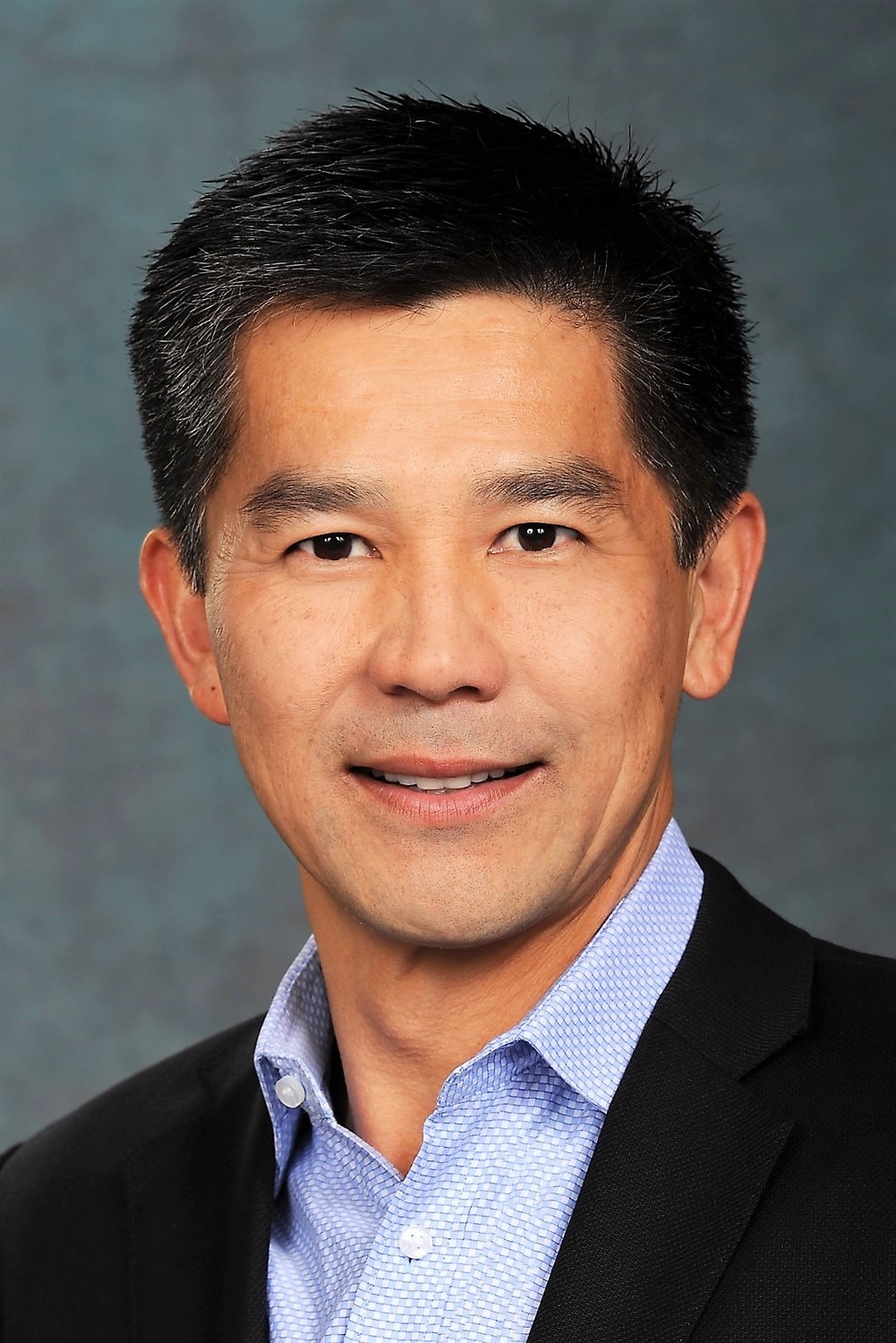Local biopharma company aims to challenge Coumadin’s position in market
A Ponte Vedra Beach-based biopharmaceutical company is testing an oral anticoagulant (OAC) that it says is potentially a newer, safer and more effective version of warfarin, the standard of care for blood thinning in the United States over the last 60 years that is more commonly known as Coumadin.
With offices in the Veranda building on A1A, Espero BioPharma announced last week that the company will initiate the next trial of testing for its drug called tecarfarin in the second quarter of 2018. Known as the Tecarfarin for Anticoagulation Trial (TACT), the global study being conducted in the U.S., Canada and Eastern Europe will evaluate time-in-therapeutic range (TTR) as the primary endpoint for approval in 1,000 patients randomized to receive tecarfarin or warfarin.
“Our job is making sure the trial is successfully conducted, and we prove tecarfarin is safer and more effective than warfarin,” said Quang Pham, the chairman and chief executive officer of Espero and a Ponte Vedra resident. “The trial is head-to-head between warfarin and tecarfarin.”
Pham explained that drugs like warfarin and tecarfarin protect against secondary strokes and heart attacks. With potentially one out of every 10 Americans taking a blood thinner and cardiovascular disease ranking as the No. 1 killer in the world, Pham said this is a big and important market ($8.5 billion) to penetrate.
The Espero CEO noted that warfarin was first brought to the market in the 1950s as rat poison, while it also happened to possess some anti-coagulant blood thinning characteristics. He said the drug slowly but surely became the standard of care even though it’s highly toxic, interacts with 120 other drugs and is regarded as one of the five most dangerous drugs in the world. The introduction of Xarelto and Eliquis have chipped away at warfarin, but it still accounts for 56 percent of U.S. OAC prescriptions as of March 2017, said Pham.
He noted that tecarfarin does not interact with any other drugs because “it’s not processed through the P450 in the liver.” He explained that cardiovascular pharmaceutical trials typically test a population of around 15,000 people; therefore, the TACT study of 1,000 people shows that the product is safe.
“We’re very excited about the FDA giving us a protocol of only 1,000 patients in the trial versus an average of 15,000 patients in the other blood thinner trials like Xarelto and Eliquis in the last eight years,” he said.
Espero announced that two renowned cardiovascular specialists are leading what is known as the phase 3 trial for tecarfarin (TACT): Christopher Granger, MD, professor of medicine at Duke University and director of Duke Health’s Cardiac Intensive Care Unit and Richard Whitlock, MD, principal investigator, The Perioperative and Surgery Program at the Population Health Research Institute at McMaster University. Phase 1 of tests for tecarfarin took place in 2005, and phase 2 was completed in 2009.
When TACT concludes, Pham said the data will be studied and then brought to the U.S. Food and Drug Administration (FDA). Anticipated timing for filing with the FDA is 2020. Pham added that the FDA has agreed to look at it under a “special protocol assessment.”
“The FDA assigned a special protocol assessment and said, ‘If you do this, this and this and hit these parameters, you will get approved,’” explained Pham. “This is what most drug companies want. It’s very clear.”
Because Espero BioPharma filed a $2.4 million filing fee, Pham said the FDA must make a decision on tecarfarin within six months. If it’s approved by the FDA, it will also be approved in Europe due to an agreement between the American agency and EU Medical Agency, said Pham, who added that rights in China have also been licensed. As a result, the Ponte Vedra native said approval of the drug would be a huge accomplishment for his company.
“It would be a billion-dollar product,” said Pham. “In pharmaceuticals, they call that a blockbuster when you hit the billion-dollar market.”
Phase 2 for budiodarone
In other Espero news, the local company also announced that it expects to initiate its second Phase 2 clinical trial of budiodarone in the second half of 2018.
Budiodarone is being evaluated as an anti-arrhythmic agent for the treatment of refractory atrial fibrillation. The product is challenging Multaq; Pham said his company’s budiodarone is a cleaner version with no drug interactions.
Tecarfarin and budiodarone were added to Espero’s product pipeline through the company’s merger with Armetheon, Inc. earlier this year.







